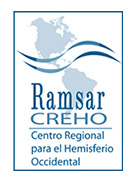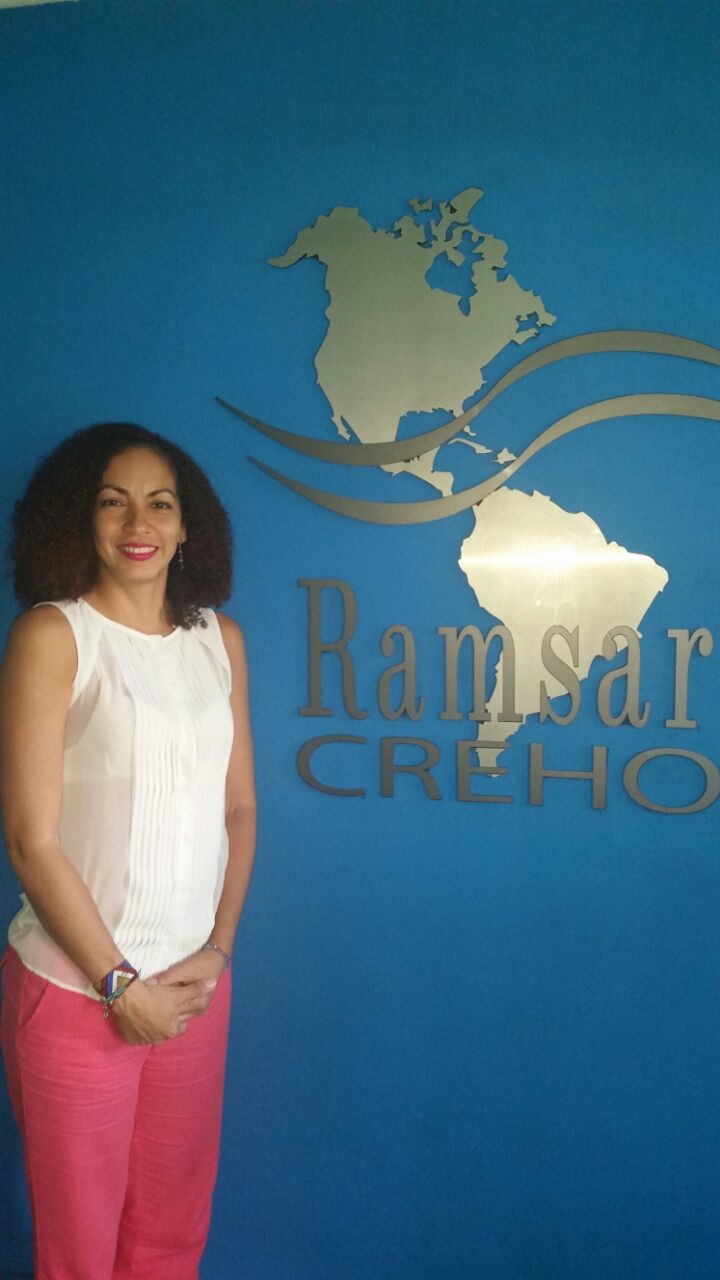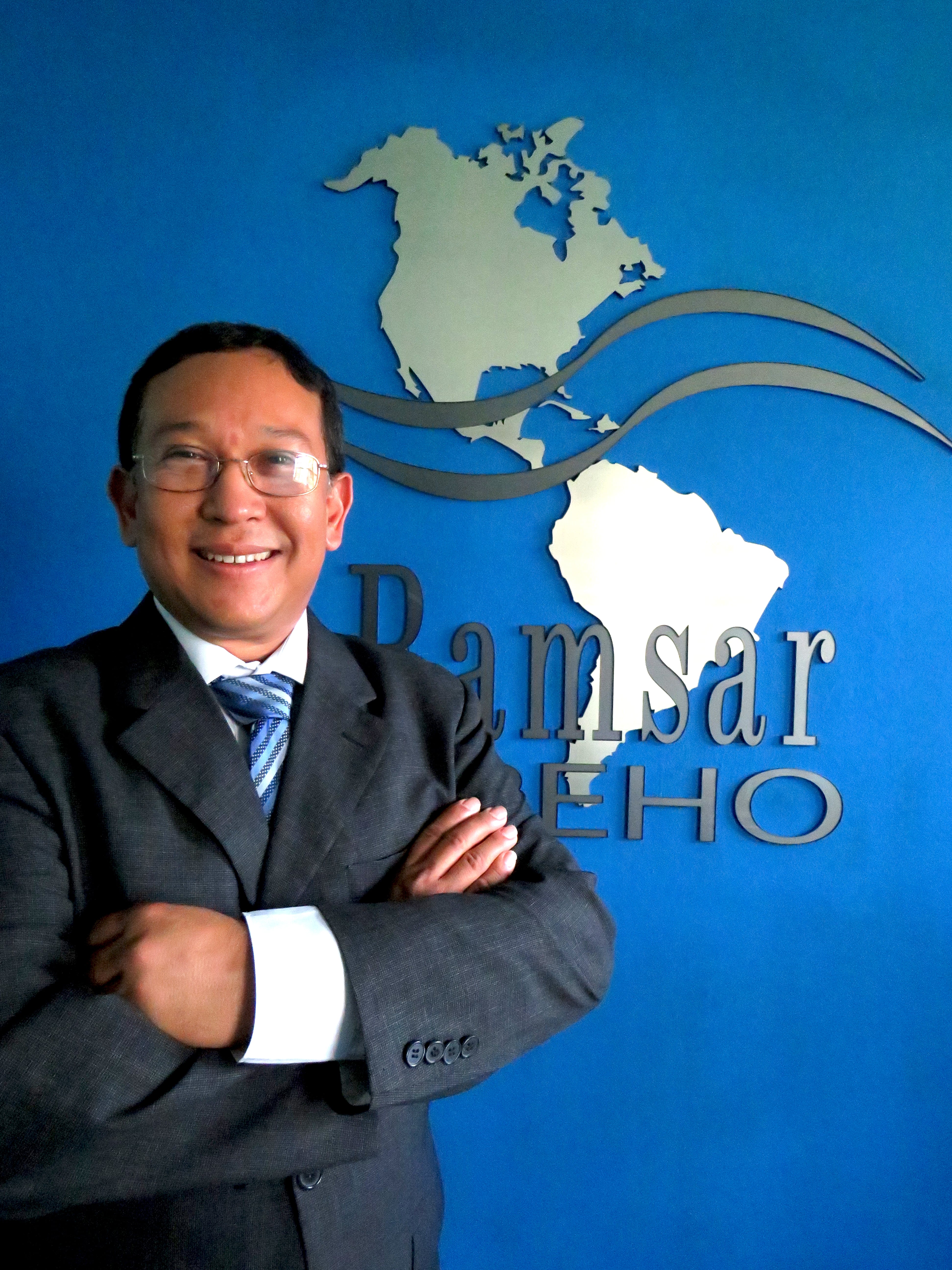
Osvaldo Jordan
Executive Director
ojordan@creho.org
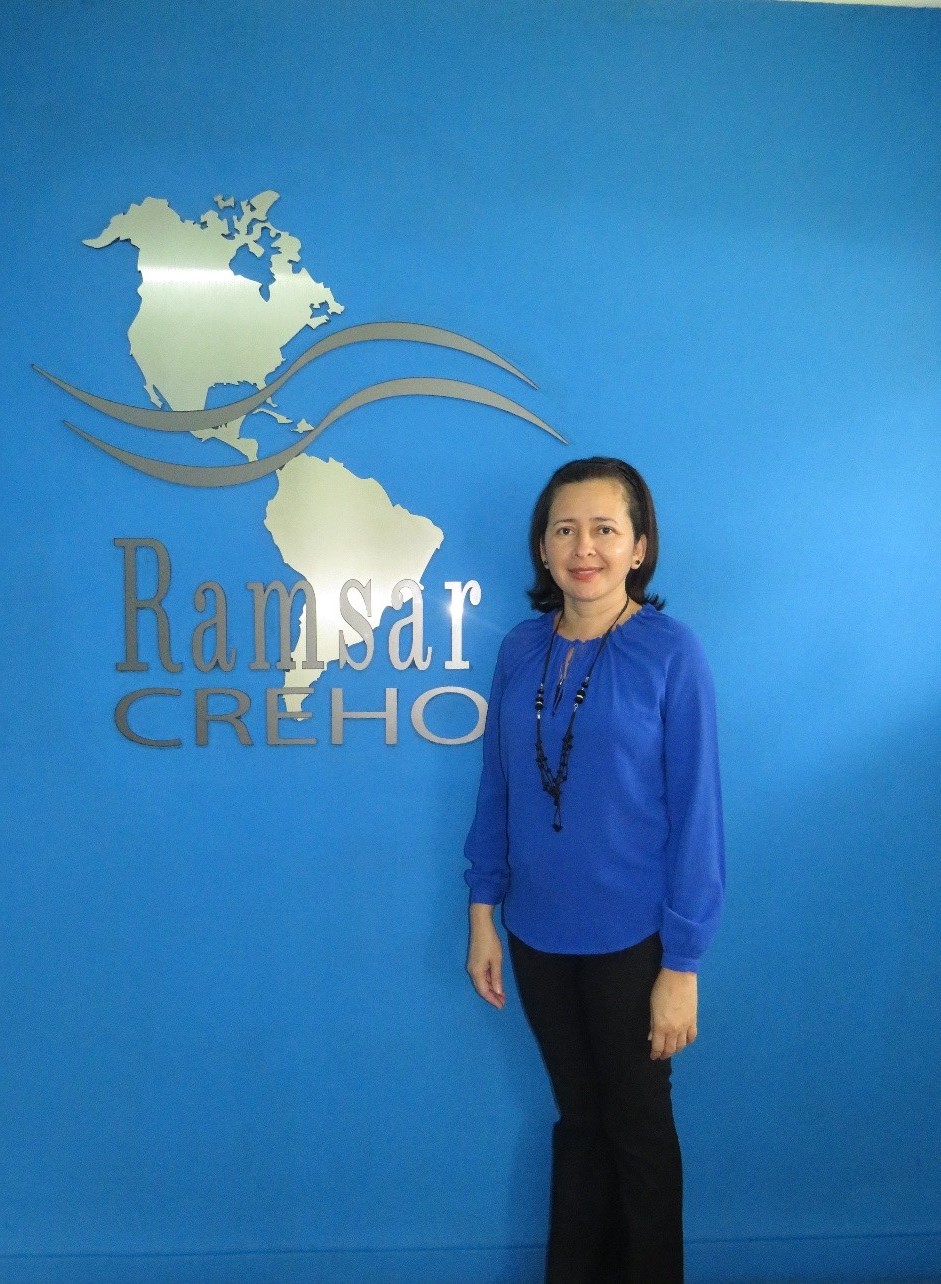 Digna González
Digna González
Administration
creho@creho.org
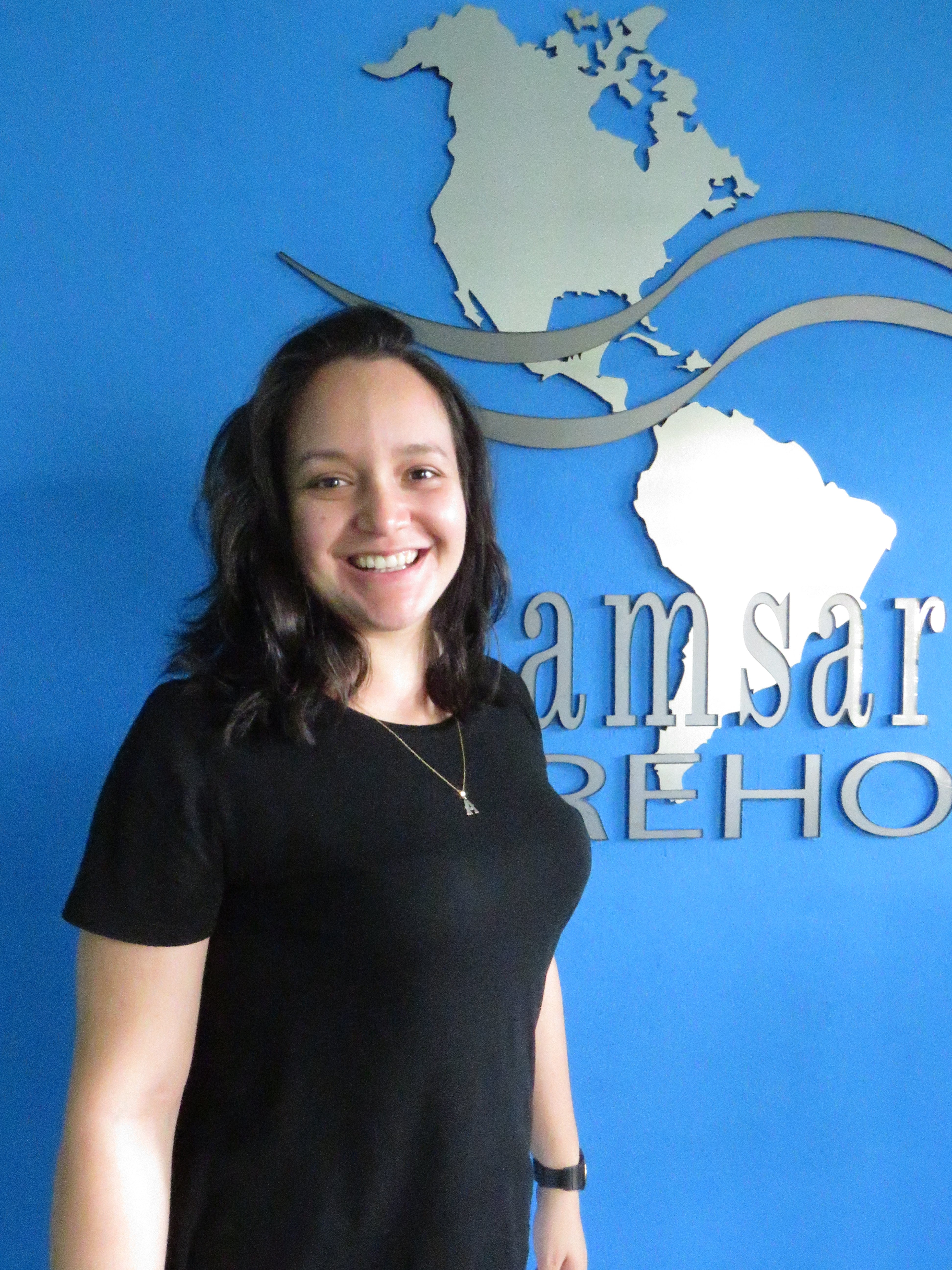
Nelia Andreina Pernía
Programme Management Officer
apernia@creho.org
Yehudi Arriatti
Research Associate
yarriatti@creho.org
Trainers Associated to CREHO:
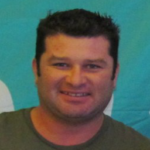
AYALA BOCOS, ARTURO (México):
Marine biologist graduated from the Autonomous University of Baja California Sur (UABCS) in Mexico. Instructor of technical and scientific diving, professor of Ecology of Coral Reefs at the UABCS and President of Mares y Costas SC since 2011.
His main line of research is the Ecology of Reef Systems. He has participated and directed projects in the Eastern Tropical Pacific (from Mexico to Panama); the Gulf of Mexico and the Mexican Caribbean for governmental and non-governmental organizations, whose interest is to detect the vulnerability of the reef ecosystem to climate change and anthropogenic factors to provide tools for the management and sustainable use of marine resources, as well as evaluation and choice of priority sites for conservation.
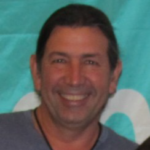
CONTRERAS, MANUEL (Chile):
He has a degree in Biological Sciences with a major in Ecology. His areas of research are Ecology and aquatic ecosystems, limnology and modeling of aquatic ecosystems, environmental evaluation, and restoration of aquatic ecosystems. He served as an academic in the Department of Ecological Sciences – Faculty of Sciences at the University of Chile and Executive Director of the Center for Applied Ecology (CEA).
In 2006, Contreras and A. de la Fuente published the book “Concepts and Criteria for the Environmental Assessment of Wetlands”. In addition to numerous scientific publications and presentations to congresses, he has visited more than a dozen countries around the world, giving lectures on conservation and management of wetlands.
From 1993 to date, he has directed and developed more than 500 environmental studies related to applied research, monitoring, conservation, and management of aquatic ecosystems for state agencies, private companies from various economic sectors, and NGOs.
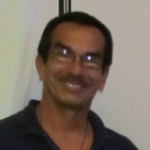
DANIEL SUMAN (EEUU-Panamá):
He is a professor of Marine Policy at the Rosenstiel School of Marine and Atmospheric Sciences at the University of Miami. His research and project area focuses on coastal management, governance of marine resources and spaces, management of mangroves and coastal wetlands, and marine protection areas especially in Latin America.
He received a Doctorate in Oceanography from the Scripps Institute of Oceanography at the University of California, San Diego, and a Bachelor of Laws from the University of California, Berkeley.
At the University of Miami, he has taught courses on Environmental Law, Environmental Planning, Coastal Management, Coastal Law, and Water Resources Policies. He is a member of the Board of Directors of the “Action for the Mangroves” Project.
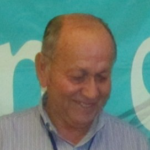
FUNES, CÉSAR (Honduras):
Graduate in Biological Sciences with a specialty in Fisheries at the University of Auburn, Alabama, USA, and with a Post Degree in Fisheries Biology and Fisheries Management in the Fisheries Institute of the University of Bergen, Norway.
He has carried out training on fishing, aquaculture, mangrove management, estuaries, beaches, reservoirs, policy formulation, marine coastal strategies and oceans, economic valuation of ecosystems, formulation of environmental and productive projects, and management of wetlands at the University of Miami, Oklahoma State University, University of Costa Rica, National Institute of Environmental Training Taiwan, Government of El Salvador, OAS, Oceanographic Institute of Ecuador, and Naval Force of El Salvador.
He has developed training to communities of reservoirs from coastal zones on the ecology of mangroves and estuaries, biology of mangrove and fishing species, and legal norms to extract and protect natural resources. In addition, he has taught the course on Chair of Environmental Sciences and EIA Methods for private and state projects. Recently he has been assigned to CREHO / RAMSAR.
He has conducted studies and diagnoses in mangroves, estuaries, and lakes, as well as the formulation of sustainable development and conservation projects for communities that extract natural resources from those ecosystems.

PINZÓN, ZULEIKA (Panamá):
She is a Fishing Engineer. She obtained her degree with honors in the Federal Rural University of Pernambuco, Brazil; with a Master of Science from the University of Florida, USA, and Diplomates on Management of NGO, Governance, and Political Management. She has extensive experience in the coastal marine scientific area, especially in mangrove ecosystems in Panama, Brazil, United States, and Micronesia with more than a dozen publications. With almost 15 years of experience managing NGOs in Panama, she is currently the Executive Director of the PROMAR Foundation. Formerly, she was the Executive Director of the MarViva Foundation and the NATURA Foundation, the latter recognized for managing funds to finance conservation and sustainable development.
Eng. Pinzón has an active presence in environmental civil society, both locally and regionally, holding various positions such as Regional Councilor for Meso and South America at IUCN (International Union for the Conservation of Nature), Vice President of the Network of Environmental Funds of Latin America and the Caribbean
(RedLAC), member of the Technical Advisory Committee on Wetlands for IUCN-ORMA, etc. At the national level, she represents the organizations of environmental promotion and protection in the National Council of Agreement for Development. Additionally, she is a member of the Environment Commission of the Panamanian Association of Business Executives (ADEPE).
In 2006, the Mayor’s Office of Panama granted her recognition as “Distinguished Environmentalist”. She has received several academic awards such as the Fulbright Scholarship and the Guillermo Andreve Medal.
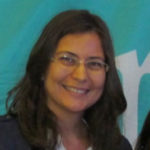
MENEZES, MOIRAH (Brasil):
Biologist. She holds a Doctorate in Natural Sciences from the University of Bremen-Germany. Currently she is a Professor at the University of Pará- Brazil, where she teaches Ecology and Botany. She is developing research projects on vegetation and the use of natural resources of mangroves of the Brazilian Amazon coast.
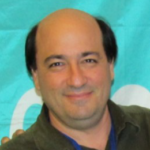
MATÉ, JUAN (Panamá):
He is a marine biologist, with degrees obtained at the University of Panama and the Rosenstiel School of Marine and Atmospheric Sciences of the University of Miami.
He currently serves as Director of Scientific Affairs and Operations at the Smithsonian Tropical Research Institute (STRI). He belongs to the International Society for Reefs Studies (SSRI) and the Panamanian Association for the Advancement of Science (APANAC).
His line of research focuses on the ecology of coral reefs, genetic connectivity of coral reefs, the reproductive strategies of coral, El Niño and the effects of sea warming on marine biota, biology of conservation, ecological aspects of marine natural products, marine areas, and coastal fisheries.
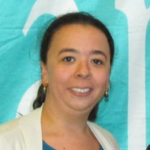
MÉNDEZ CASTILLO, SOFÍA (Honduras):
She has a Bachelor in Biology with a master’s degree in environmental planning and management. She served as Regional Assistant for the Americas in the Ramsar Secretariat during the period 2010-2012. She was an assistant for the research, rural development, and environment program of the Canadian Cooperation in Honduras during the period 2004-2007.
Recently, she provides advice to the Directorate of Biodiversity of the Secretariat of Natural Resources and Environment-SERNA about wetlands matters. She also has coordinated the process of formulating the National Strategy for the Conservation of Sea Turtles in Honduras.
Her interests include an eco-systemic approach for the management of marine-coastal wetlands as critical areas for the sustenance of biodiversity.
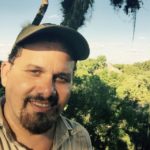 Arturo Dominici Arosemena
Arturo Dominici Arosemena
Dr. Arturo Dominici Arosemena holds a Bachelor and a Master degree in Biology and a Doctorate in Natural Sciences with specialization in marine-coastal wetland ecosystems and molecular phylogeny in reef fish. His areas of competence include the Management of Environmental and Financial Projects, Institutional Management and Public Administration, Science and Research, Teaching and Scientific Communication.
He was a Marine Biologist in the Education Office of the Smithsonian Tropical Research Institute (STRI); he was Deputy Director of Integral Management and Head of the Environmental Unit at the Water Resources Authority of Panama (ARAP); Senior Coordinator of the Marine Conservation International Program at the Foundation for Sustainable Development of Panama (FUNDESPA); Professor of Environmental Sciences, Marine Eco-systems, Conservation and Sustainable Development at the University of Panama and the International Maritime University of Panama. Furthermore, he was the Executive Director of the Ramsar Regional Center. Since 2008, he has been the Focal Point in Panama for the Technical Scientific Review Group of the Ramsar Convention.
